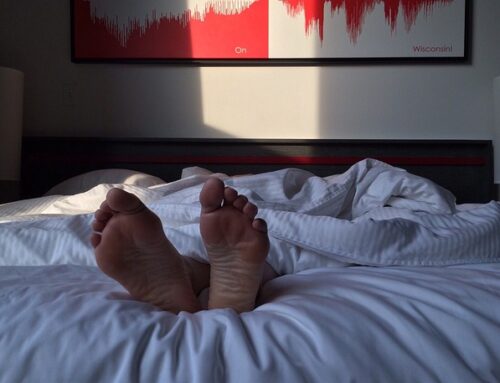It is common for people to have a bad night of sleep here and there, but it becomes a problem when the person has sleep apnea. We know that about 22 million Americans suffer from sleep apnea while 80% go undiagnosed. However, when sleep apnea goes undiagnosed, it can place individuals at a higher risk for a host of other health conditions such as heart disease, high blood pressure, stroke, type 2 diabetes, obesity, depression and accidents. While sleep apnea is not always obvious, there is growing awareness of its health effects.
Who has sleep apnea?
While children as young as 2 can have sleep apnea, they won’t have the chronic condition. Instead, it is more likely to affect those over 40, particularly men more than women. However, women’s risk of sleep apnea does increase after menopause. Additionally, 60% of those with obstructive sleep apnea are overweight.
Sleep apnea and weight
When our patients do not get enough sleep, it can lead to weight gain. This means that people with sleep apnea who receive treatment can often lose the weight they gained without any other lifestyle change. Because those with sleep apnea do not get enough restful sleep, they do not have the energy to do the things they need to lose weight. In fact, when you’re tired, the number one thing people do is eat the wrong things.
Provide treatment for sleep apnea
This is where dentists come into the picture. If you complete continuing education in the area of dental sleep medicine, you can offer appropriate solutions for your patients. This is especially important during the pandemic when sleep apnea can increase a person’s risk for severe COVID-19 symptoms.
Many physicians recommend continuous positive airway pressure as the gold standard. However, oral appliance therapy has proven to be a successful alternative for those who are CPAP noncompliant.
Contact my office if you have any questions about sleep apnea and how to help your patients.





